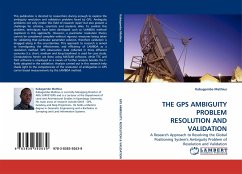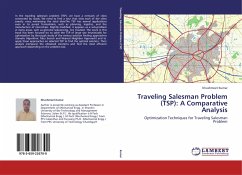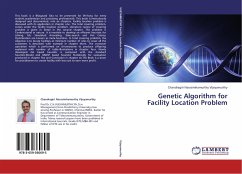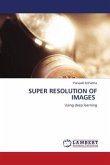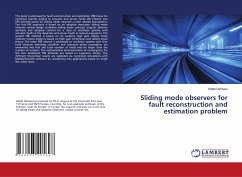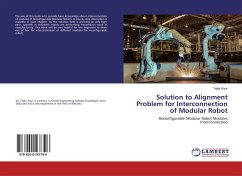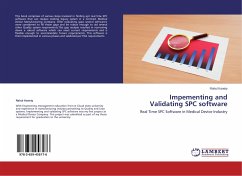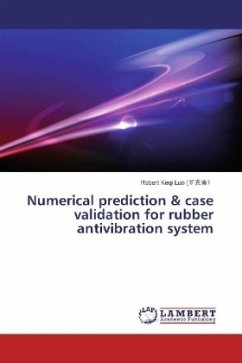This publication is directed to researchers daring enough to explore the ambiguity resolution and validation problem faced by GPS. Ambiguity problems not only render this field of research 'open' but also present a challenge for scholars, scientists and students alike. To combat this problem, techniques have been developed such as 'LAMBDA method' (explored in this approach). However, a parameter resolution theory cannot be considered complete without rigorous measures being taken for validating that particular parameter solution, therefore validation is dragged along in the uncertainties. This approach to research is aimed to investigating the effectiveness and efficiency of LAMBDA as a resolution method. GPS observation data collected in three different scenarios (i.e. short, medium and long baselines) is used for case study. Computations herein are done using MATLAB software, while TTC and TGO software is employed as a means of further analysis besides the F-Ratio adopted in the validation. Analysis carried out in this research help shade light to the competencies of the resolution of ambiguities in GPS carrier based measurements by the LAMBDA method.
Bitte wählen Sie Ihr Anliegen aus.
Rechnungen
Retourenschein anfordern
Bestellstatus
Storno

